all free nations
After President George W. Bush Addressed the Nation on March 17th, 2003
I
I ask of you, listener of prayer, medicine, blessing ceremonies and chant; take my poetry with salt.
I have a limited amount of knowledge and I roll in its grass.
II
On March 17, 2003, President George W. Bush addressed the Nation in a 13-minute televised
speech from the White House.
At the time, the Department of Homeland Security announced the Nation’s terror alert level had
been set from yellow to orange.
This was the second-highest it has ever been.
III
I want to also note, President Bush gave Iraqi President Saddam Hussein and his sons a 48-hour
warning to leave the country or face military action.
In violation of many Resolutions, the United States, as a collective, made a choice to advance
liberty and peace in that region.
IV
Under Lacan’s theory on the mirror stage; once we see ourselves, we begin to question then
create a sense of self.
V
As the umbilical cord falls off, our mothers throw a sense of self away. Should we have carried it
with us in this lifetime?
VI
I feel a disconnection from Zurita’s work the same way I have with you, Self.
As in, I do not speak Spanish but I can cognate it.
Just like the Navajo Language and my grandfather, whom I lost on the night of March 17th,
2003.
VII
He did not die The Night Of, but at 5:00 AM in the morning.
My great Uncle shook me away and told me, bone marrow in his eyes, He died. He’s dead. He’s
gone.
I must have had a night terror that morning. Otherwise I would have found no other reason to cry
before he said died.
VIII
In Joan Didion’s Sentimental Journeys, her essay on the Central Park Jogger case of 1989 where
five young Black and Latino men were wrongly convicted of assaulting and raping a white
female woman, she asks: why are victims of rape often provided protection by keeping victim
identification hidden versus their counterparts of other forms of assault?
There must be a special kind of contract that exists between one kind of victim and their
assailant. This, according to Didion, dates back to the assault of white women in the nineteenth
century where Indigenous people would take women and ruin them.
IX
This is where I begin to decorate hollow words to assert a point and call it poetry.
X
The water ends here. The dams were built. I feel the surge of dirt rot.
XI
If I were to take these women and ruin them, I would be committing an act of Terrorism.
Translation is also an act of Terrorism.
XII
Branch by branch, I wish to perform this act of Terrorism. To give the listener of prayer,
medicine, blessing ceremonies and chant more than salt.
XIII
Trust cannot reside in a field of wheat. Liberty and peace cannot rest between its grains.
Translation alone cannot heal a Nation.
XIV
Therefore, if I turn my back on my people, I will feel an undocking. Superior in some ways.
XV
It is that, I ask you, listener, have you ever experienced isolation in a time of uniting against the
violent?
XVI
In 2003, The United States Supreme Court decided the United State had no obligations
resembling the detailed fiduciary responsibilities. This was March 4th, 2003.
XVII
This obligation was in regards to money damages.
Money damages is a form of compensation that grants a victim of an injury or loss.
Here, the victim was a Nation.
XVIII
When President Bush addressed The Nation, he referred to the United States as All Free Nations.
The Navajo Nation would also be categorized as an All Free Nation.
XIX
As a poet, I wish to respond to this national terrorism threat. In doing so, I do not wish to lump
the ashes of my umbilical cord with the listener of prayer, medicine, blessing ceremonies and
chant.
This translation serves as a starting point for salt.
XX
Here,
I will question and create a new sense of self.
I will make a decision to advance liberty and peace.
I will attempt to grieve with my Nation
Unite against the violent
Unbury the umbilical cord
Unhouse the terror
XXI
I hope that my person, my people out there, can hear me and allow me the chance to be
vulnerable,
to be a part of history and to be more than a stump in its belly.
Chris Hoshnic is a Navajo poet, playwright and filmmaker. He is a recipient of the 2023 Indigenous Prize Poet from Hayden’s Ferry Review, a Best New Poets Nominee and a Poetry Northwest James Welch Finalist. His fellowships include the Native American Media Alliance’s Writers Seminar, UC-Berkeley Arts Research Center Poetry & the Senses and Diné Artisan and Authors Capacity Building Institute. Hoshnic’s work has received support from Indigenous Nations Poets, CoLang, Tin House, Playwright’s Realm and more. He is currently an MFA Candidate at the Institute of American Indian Arts.
